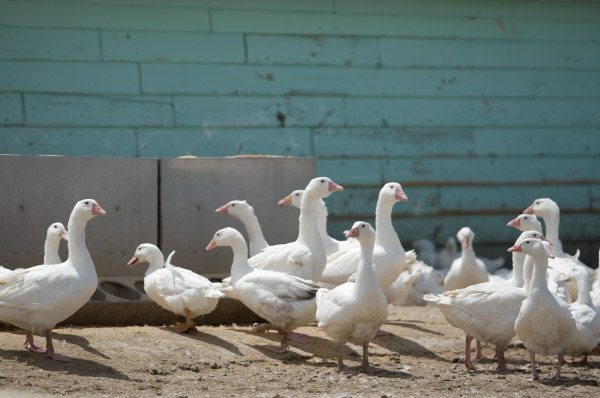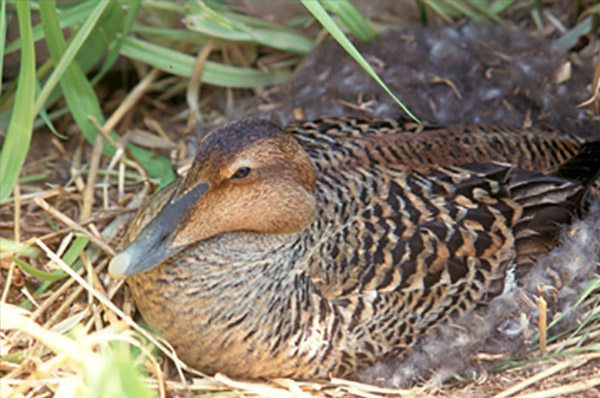
The Canadian Difference


Canadian down and feather production, similar to other countries, is a by-product of the meat production industry. Where Canada is different however, are the conditions under which Canadian duck and goose are raised and cared for. Throughout the process, Canadian producers are tightly regulated and at all times during the operation of the meat processing, the plant is under the scrutiny of multiple inspectors and veterinarians employed by the Canadian Food Inspection Agency who must be present for the plant to operate. This level of oversight ensures that Canadian food products are not only safe for consumption, but that the items produced in Canadian plants meet the highest levels of quality and animal welfare. This is part of the Canadian advantage that is unique over many other down producing countries.
This is why the Canadian Down Standard (CDS) was developed – in order to hold Canadian produced products strictly and properly accountable to standards which the industry already achieves, but to also protect the integrity of the industry from false claims, misleading representations and fraudulent ‘Canadian’ products. As such, the CDS was developed to not only meet, but exceed existing international animal welfare standards in terms of the monitoring requirements of the animals under its care and protection, meaning that consumers can be more confident in the CDS than any other existing standard in the market.
Canadian farming is subject to stricter regulations & practices than most jurisdictions around the world. As such, there are several cases where the Canadian Down Standard’s requirements are more rigorous than internationally recognized practices.
The Canadian Down Standard is crafted to recognize that Canadian companies which are subject to Canadian laws and employ Canadians who respect these laws and standard practices should be held to a high standard, but the down by-product should be recognized as unique and of a higher quality.
There are several key differences between the Canadian Down Standard and other industry-available standards as well, including:
- Prohibition of a collector-based supply chain: CDS prohibits collector-based down within the supply chain. Collectors aggregate down and then re-sell the material, effectively preventing processors and auditors from being able to trace the down back to the farm level. Suppliers may only collect directly, themselves from farmers or processors, and must keep current records on hand of all purchases, as well as signed commitments to the Five Freedoms are adhered to at all times.
- Directly sourced by-product of meat production: Down and feathers for CDS approved products must be fully-processed after direct sourcing from an industrial supply chain as by-product of the meat industry or directly from individual farms. It is strictly prohibited for any farms or meat processing facilities to slaughter an animal for the sole purpose of selling their down and feathers into the supply chain. The requirement is that all down collected during the meat production is effectively upcycled through a rigorous cleaning process instead of being sent to the landfill. Direct sourcing also avoids risk of cross contamination with non-approved product at intermediary facilities and misrepresentation of Canadian products approved under the CDS.
- Domestic Washing/Processing Requirement: For Down and Feathers to be approved under the Canadian Down Standard, the product requires 100% sourcing and processing within Canada. This is unique in the industry, as the standard is intended to verify and authenticate Canadian origin products, preventing the export and possible misrepresentation of the country of origin and mixing of products stemming from facilities which have not been appropriately inspected and monitored. All products must be sourced, washed and processed for end-user manufacturing within Canada.
- Farm-to-factory audits: On-site inspections, document reviews and employee interviews are required for all tiers of the supply chain, including processors and farms. This allows auditors to maintain traceability and have better visibility of its complete operations. This requirement is not possible for standards which allow collector-based supply.
- Declaration of Conformity: All suppliers (meat processing facilities, individual farms & and feather and down processing facilities) are required to sign the Canadian Down Standard Declaration of Conformity and enforce the principles of the Canadian Down Standard throughout their supply chain binding all suppliers to the set-out best practices. This distinct commitment is unique & differentiates the CDS from other standards.
